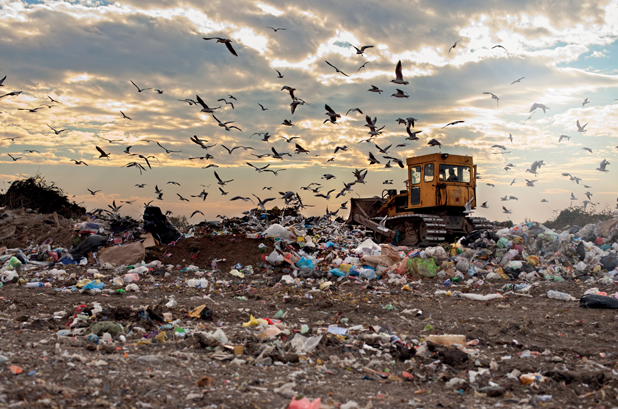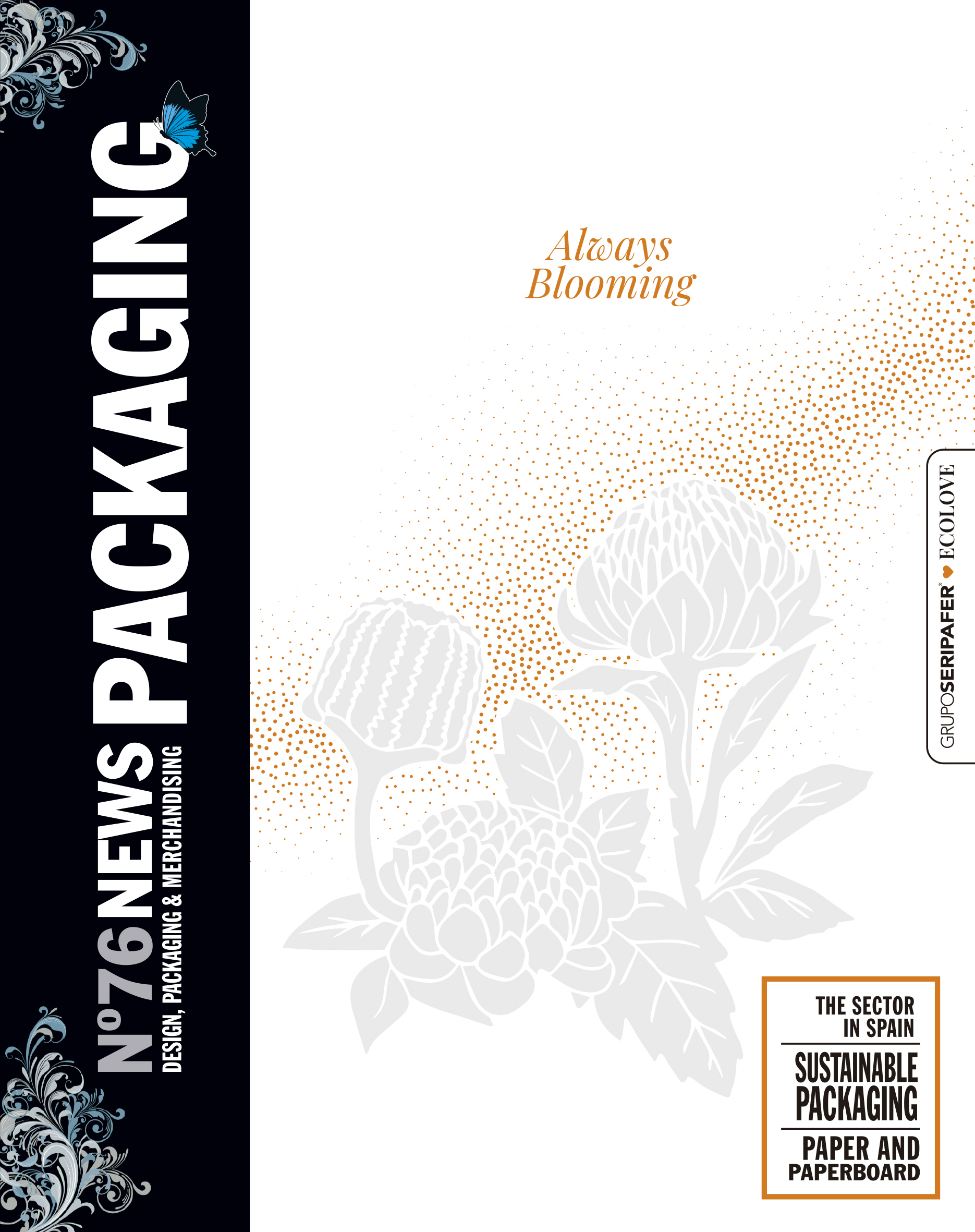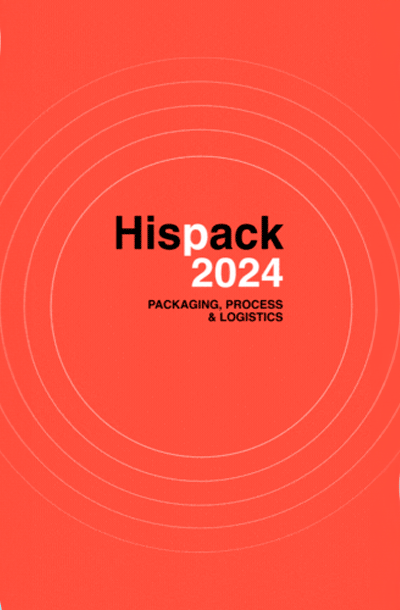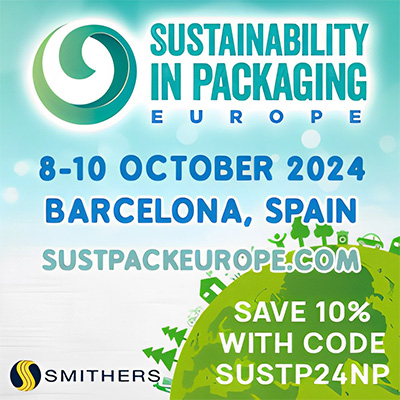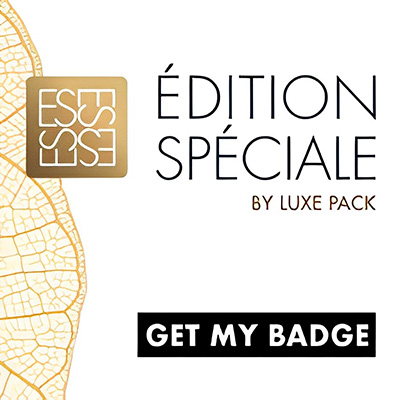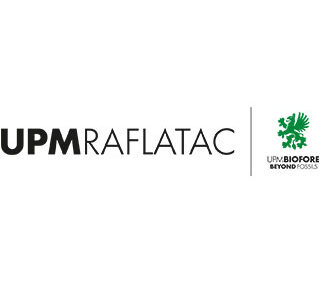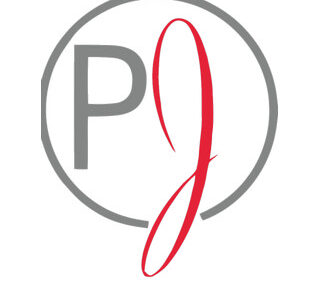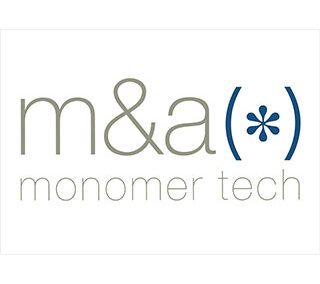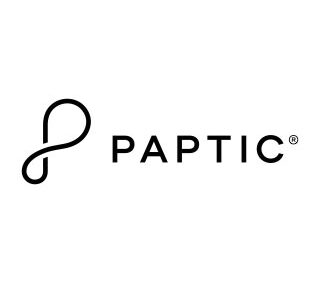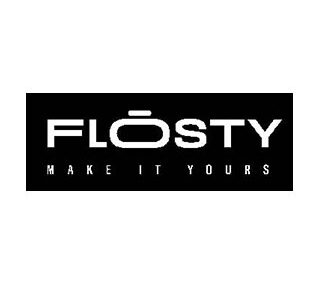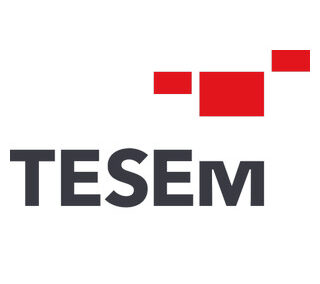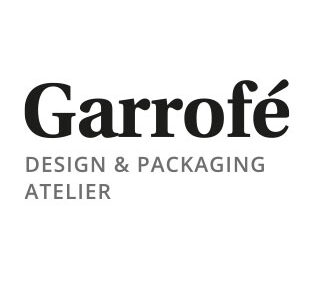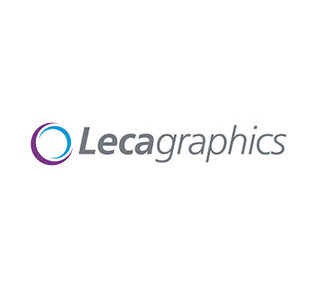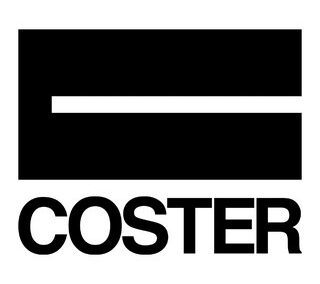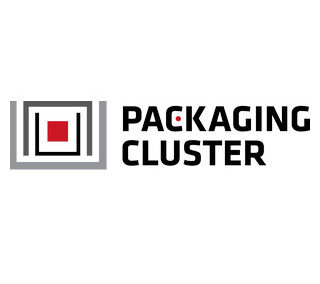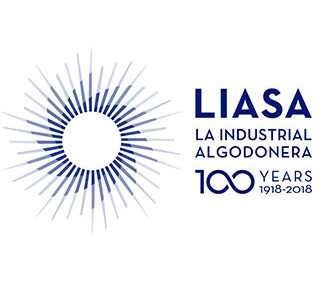The current market is pushing retailers to work in a more sustainable way, a fact that can affect business plans and processes in the short term, especially if the supply chain does not have the necessary level of integration and transparency. According to a recent study by Sapio commissioned by Zetes, 94% of the organizations surveyed state that they lack transparency throughout their supply chain.
In recent years, the food market has come under intense pressure to re-evaluate its food waste management strategy, which amounts to some 88 million tonnes per year across the EU (i.e. 40% of food waste). food doesn't even make it to the market).
The European research project REFRESH denounces that the resources that are wasted in Europe are twice what would be needed to end hunger in the world. This is a message that is taking hold with consumers around the world, who use everything from reusable bags to paper straws to bulk personal hygiene products, or even switching to a vegetarian diet and expect the companies they buy from to do the same. same.
To implement a solution it is essential to understand why waste occurs. The reasons are numerous - from excess inventory caused by poor forecasts or late orders, to wasted time in the distribution process, to inefficient transportation models - and all of them are disastrous for perishable goods. Only 30% of companies have full visibility of the goods while they are in delivery. Therefore, tackling the problem of food waste generated at all stages of the supply chain is a complex task. According to the studies carried out, 79% of companies believe that greater visibility can facilitate an increase in the percentage of deliveries in the first attempt, less unnecessary movement of stock between stores, avoid forecasting errors ... And it would help reduce waste in a way considerable, up to about 240000 billion euros.

